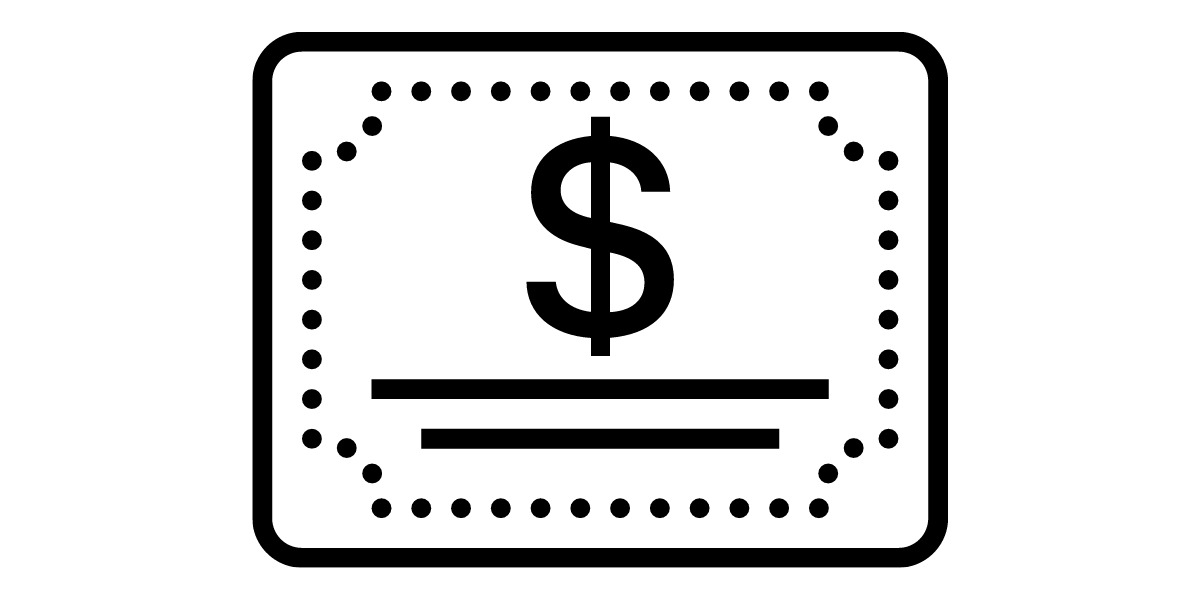
We issue mainly contract surety bonds (Performance and Payment) for contractors as well as our insurance agent/coworkers. We are also a significant provider of Court and Probate Bonds. Here are some details about the many court bonds we have issued recently.
What is Court Bonds, and Why Do They Matter?
Court bonds generally serve three purposes.
They are required to provide protection for the other party (opposite the bond request)
They also guarantee payment of court costs.
They are loved by the court.
A good example is the Injunction Bond. These legal actions are taken to prevent or limit the actions of another party. An insurance agency can request an injunction to stop a former salesman from soliciting clients. In the event that the defendant is wrongfully restrained, the court orders the plaintiff (the insurance agency) to post a bond.
Similar to a Replevin Bond. These bonds are needed when a bank (plaintiff) attempts to seize your private jet for failing to pay its finance charges. If they later wrongly seize “Wings Over Yonkers,” the bond will protect you. How do these bonds work? The same function can be provided by bonds in different circumstances. The bond’s name identifies the legal action that is being performed.
Why are Courts like Them?
It’s easy to think, “What’s not too like?” It’s true. However, the court might require a surety bail for practical reasons. They could ask for an escrow deposit to be made with the court if the litigation is about a financial matter. They would keep the money until the case was resolved.
It works, but it is not practical. Where are the funds to be kept? Who will be responsible for their safekeeping? If the case is ongoing for many years, will there be periodic accounting? Who will pay for the costs associated with this? What happens if the money is lost or stolen?
This is similar to surety bonds: Get the bond and then throw it in the file. It’s done!
The court may allow cash to be substituted for bond but may require a surety bond just in case.
Other Court Bonds
The defendant may request that the matter be heard by the Appellate Court after a money judgment has been rendered. Let’s suppose Maynard sues Dobie for money. He wins a $10,000 judgment. Maynard says, “OK, here come ten big ones!” Dobie, however, wants to contest the decision, so Maynard will have to wait.
Dobie will need an Appeal Bond to file the Appeal. This protects the court’s interests and ensures prompt payment in the event of a loss. Dobie will need to provide his financial statements and his indemnity. He’ll also need to pay $11,000 to secure the bond. You must also pay the bond premium. Why is this necessary?
Bond underwriters are well aware that the majority of defendants lose at the Appellate Level. They also know that the court will just claim the bond to cover the judgment. Underwriters know that defendant appeal bonds will be subject to total penalties. This is why they require collateral for the judgment amount and interest.
Conclusion
It is possible to see a common thread between these various types of court bonds. This will make it easier for clients to understand the court bonds when they come knockin’.
Court bonds are like fruits, so why is that? They have appeal!
Steve Golia has extensive experience providing bid and performance bonds to contractors. He has been solving bond problems for contractors for over 30 years and helping them succeed when others have failed.
Bonding Pros has the market access and underwriting talent you need. All this is complemented by exceptional service and easy access.
